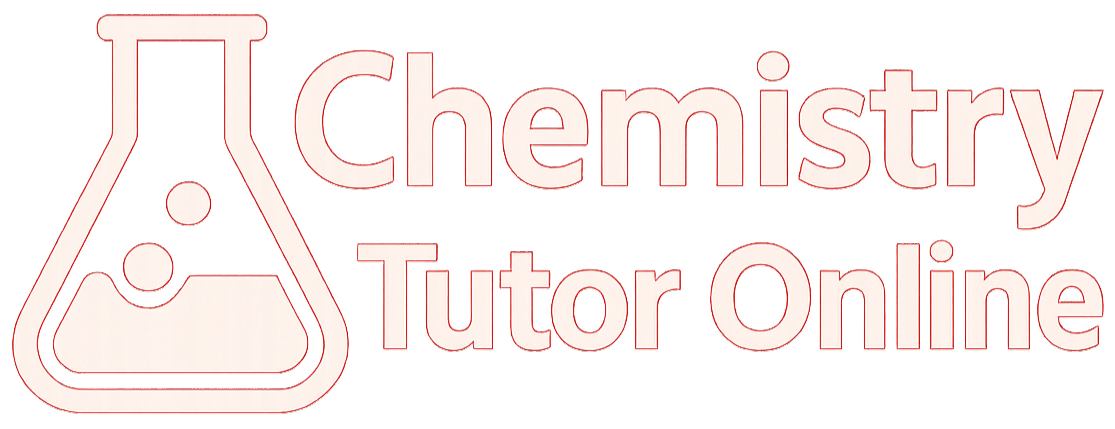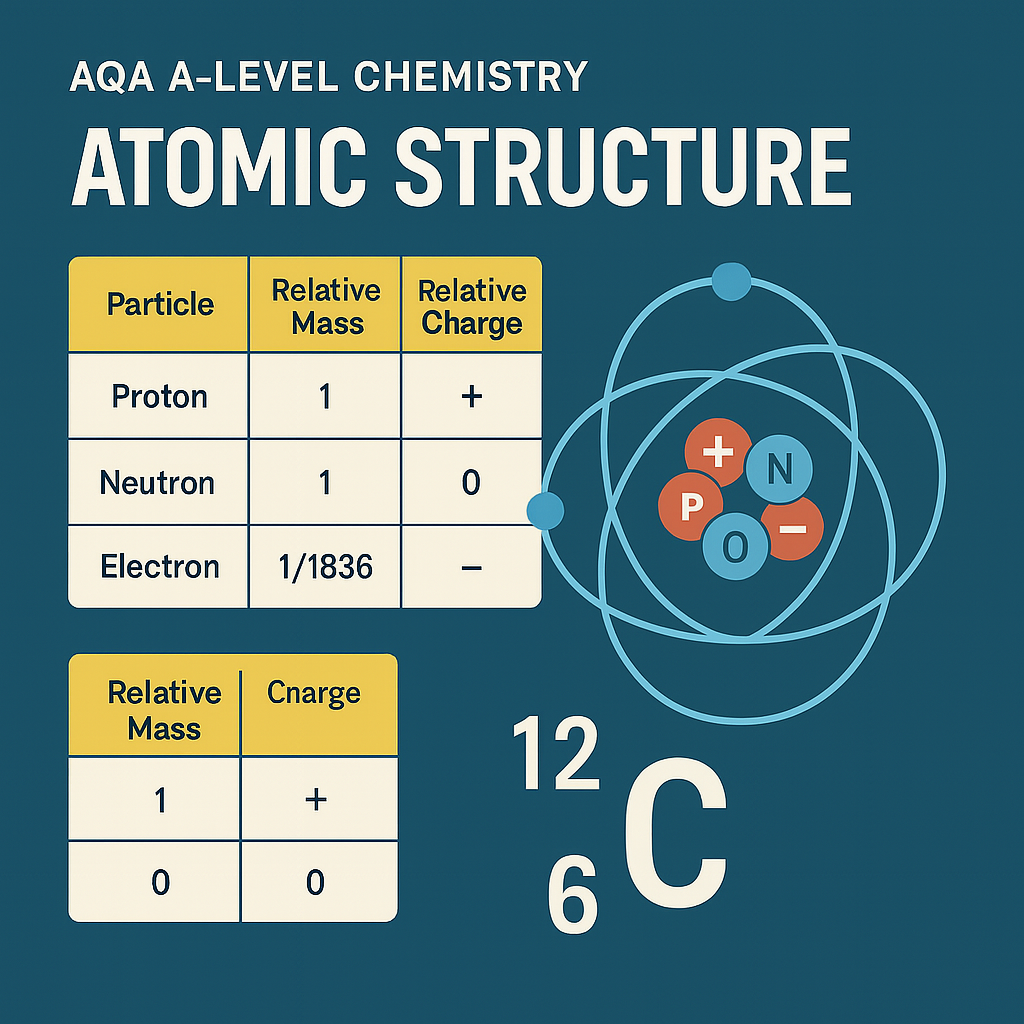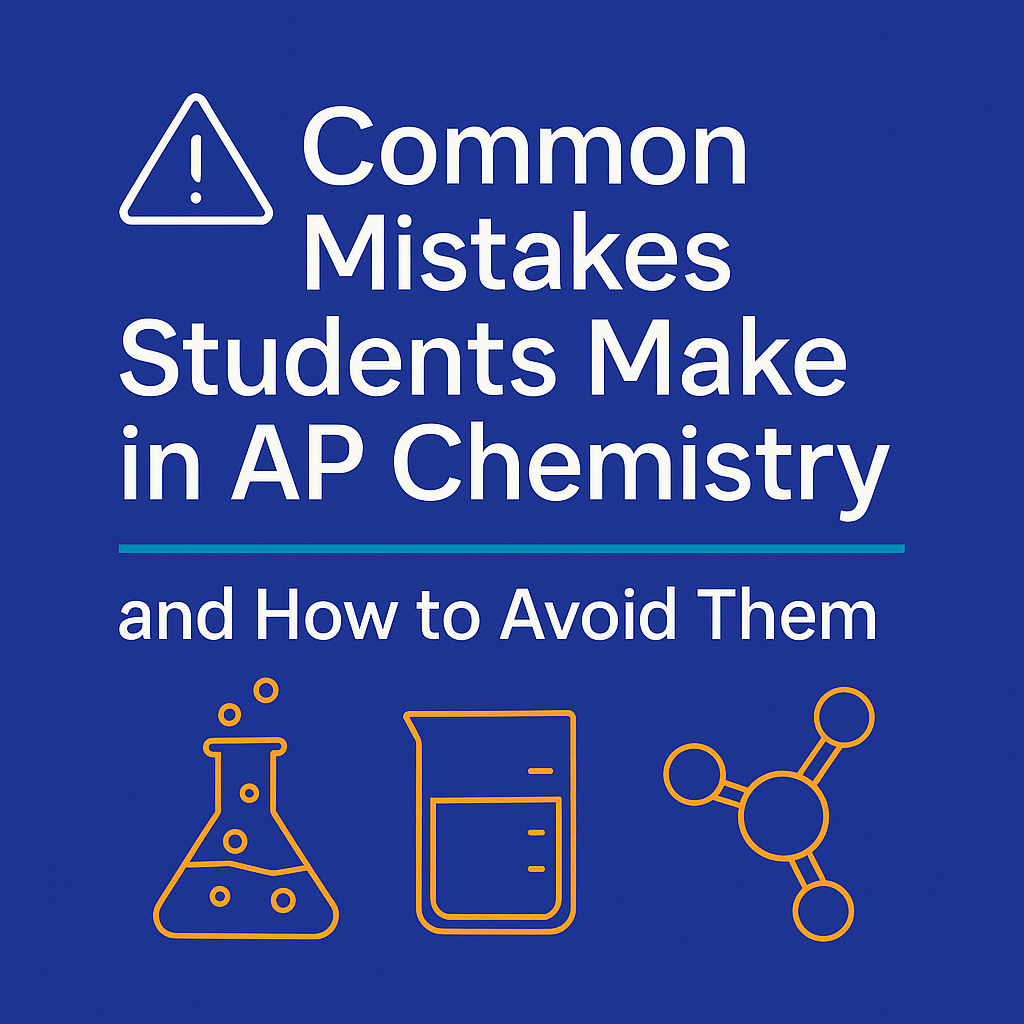What Is the IB — And How Can You Succeed in IB Chemistry?
IB Chemistry is content-heavy, fast-paced, and conceptually complex.
The International Baccalaureate (IB) is known for being one of the most challenging and globally respected educational programmes. Unlike A-Levels or national curriculums, the IB is designed to develop academic ability, independent thinking, and global awareness — and Chemistry is often one of its most demanding subjects.
If you're taking IB Chemistry or supporting a student who is, this blog will help you understand why students choose the IB, where they often struggle, and how online tuition can make a big difference.
Why Do Students Choose the IB?
The IB Diploma Programme is taken by thousands of students around the world, usually aged 16–19. Students take:
6 subjects (3 at Higher Level, 3 at Standard Level)
A core including:
Theory of Knowledge (TOK)
Extended Essay (EE)
Creativity, Activity, Service (CAS)
IB Chemistry can be taken at Standard Level (SL) or Higher Level (HL), and both are rigorous.
Students choose the IB because it:
Is recognised by top universities worldwide
Offers a broader education than most systems
Develops time management, writing, and research skills
Encourages critical thinking and global awareness
Why Is IB Chemistry So Challenging?
Whether taken at SL or HL, IB Chemistry is content-heavy, fast-paced, and conceptually complex. It requires not just memorisation, but also:
Deep conceptual understanding
Data analysis and practical evaluation skills
Confidence with mathematics and calculations
Long-answer written responses with precise scientific language
Time management across internal assessments (IA) and final exams
Where Do Students Typically Struggle?
1. Balancing the Workload
With six subjects and three core components, students often feel stretched. Chemistry HL, in particular, has a large syllabus that requires consistent effort.
2. The Internal Assessment (IA)
This is a 6–12 page lab report that counts for 20% of the final grade. Many students:
Choose topics that are too broad or too complex
Struggle with the structure or evaluation
Lose marks for vague hypotheses or weak data analysis
3. Exam Technique
IB examiners expect:
Precision in scientific language
Correct use of units, sig figs, and terminology
Justified reasoning in multi-mark questions.
Students often drop marks not for lack of knowledge, but due to how they write answers.
4. Applying Knowledge to Unfamiliar Situations
IB Chemistry often presents new, unseen scenarios. Students must apply core principles flexibly — which requires a deeper level of understanding than basic recall.
How Can an Online Tutor Help?
1. Tailored Support for HL and SL
An experienced IB tutor will adapt each session to the level and goals of the student, focusing on the HL or SL syllabus as appropriate.
2. Help with IA Planning, Structure and Feedback
A tutor can:
Help choose a manageable and scoring topic
Provide guidance on structure, analysis, and evaluation
Offer feedback and ensure the student avoids common IA pitfalls
(While still complying with IB's academic honesty policy)
3. Exam Technique and Past Paper Practice
A good tutor teaches how to write answers that match the markscheme — including command terms like "define, explain, calculate, deduce, evaluate."
4. Breaking Down Complex Topics
Topics like bonding, energetics, equilibrium, or organic synthesis can feel overwhelming. A tutor can simplify these using:
Step-by-step walkthroughs
Diagrams and digital whiteboards
Real-world examples and regular check-ins
5. Accountability and Confidence
Regular lessons create a routine. With one-to-one support, students can ask questions they might hesitate to ask in class — and build confidence over time.
Final Tips for IB Chemistry Success
Start past paper practice early — don’t wait until mock exams
Learn the markscheme language for common question types
Review the syllabus document and use it like a checklist
Work consistently — short, focused revision beats cramming
Get help when you're stuck — the syllabus is designed to be challenging!
Ready to Take Control of Your IB Chemistry Journey?
Whether you’re aiming for a Level 7 or just trying to build confidence with the basics, Dr Marguerite Quinn provides expert, personalised support for every stage of your IB Chemistry course.
As a Cambridge-educated tutor with extensive IB experience, Dr Quinn offers:
One-to-one tutoring for both Higher and Standard Level students.
Full syllabus coverage — tailored to your exact exam board and level
Help understanding core concepts and real-world applications.
Step-by-step walkthroughs of complex topics like bonding, thermodynamics, redox and organic synthesis.
Past paper practice with markscheme-based feedback.
Support with Internal Assessments (IAs) — from topic selection and research design to structure and evaluation (within academic honesty guidelines)
Ongoing help with revision strategies, exam technique, and time management
Whether you're preparing for mocks, working on your IA, or just trying to keep up with fast-paced class content, you don’t have to do it alone.
👉 Book a free consultation with Dr Marguerite Quinn today and get the clarity, structure, and confidence you need to succeed in IB Chemistry.





Understand AQA A-Level Chemistry Section 3.1.1.2 on mass number and isotopes. Learn key definitions, isotope notation, calculations, and how this topic builds your scientific and exam skills.